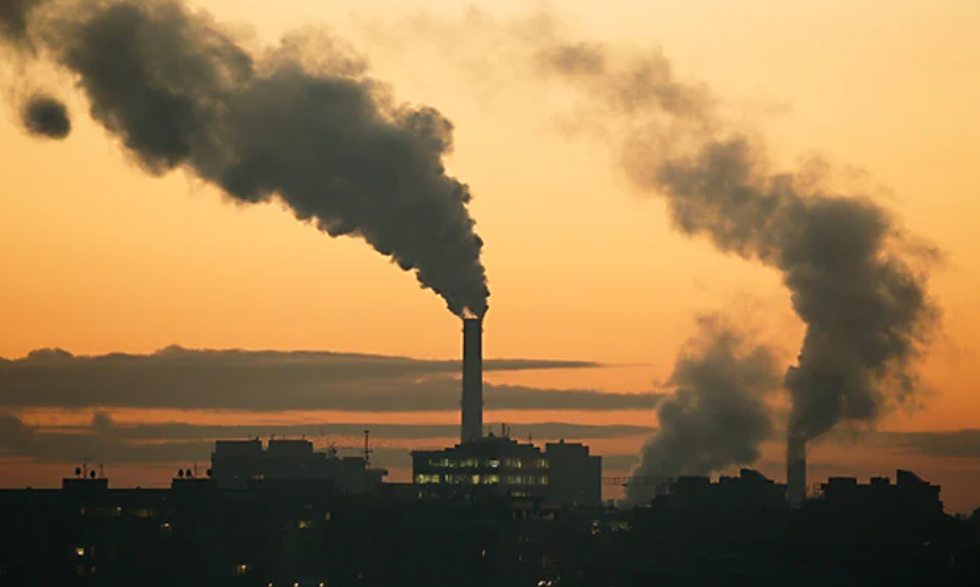SYLLABUS
GS-3: Conservation, environmental pollution and degradation, environmental impact assessment
Context: Recent assessments by the Global Carbon Project (GCP) and independent studies indicate that India’s fossil-fuel CO₂ emissions are expected to grow by only about 1.4% in 2025, a significant slowdown compared to the 4% rise in the previous year.
Key Observations
- Global comparison: India’s slowdown contrasts with continued global CO2 rise from fossil fuels, expected to hit 38.1 billion tonnes in 2025, up about 1.1%.
- Per-capita emission: India remains a low per-capita emitter despite being the world’s third-largest absolute emitter.
- Decadal shift: Average annual emissions growth fell from 6.4% (2005–14) to 3.6% (2015–24), indicating a gradual decoupling of emissions growth from GDP growth.
- Role of renewables: Expanded renewable energy generation has kept coal consumption nearly flat, limiting emissions growth.
- Weather-related impact: The early and strong monsoon lowered peak cooling demand, reducing power sector emissions.
- Weakening Natural Sinks: The planet’s capacity to absorb CO₂ through land and ocean sinks is declining.
- More Economies Decoupling Emissions: Between 2015 and 2024, 35 countries reduced emissions while expanding their economies twice as many as a decade earlier.
Implications for India
- Support for climate commitments: The deceleration aligns with India’s NDC targets—reducing emissions intensity of GDP by 45% by 2030 and achieving net-zero emissions by 2070.
- Evidence of progress: Renewable energy expansion and energy efficiency improvements are beginning to influence national emissions meaningfully.
- National energy transition momentum: Slowing coal demand suggests India may be nearing a plateau in coal-based emissions growth within the next decade.
- Absolute emissions still rising: Despite slower growth, total emissions continue to increase, delaying the achievement of emission peaking.
- Vulnerability to external factors: Weather-linked reductions are not guaranteed annually; structural reforms, not one-off events, must drive long-term change.
- Global relevance: India’s trajectory significantly affects global pathways, and continued moderation strengthens India’s leadership in equitable climate action.
Measures to be Taken
- Accelerate renewable capacity and grid integration: Strengthen storage, transmission, and flexibility mechanisms to support high renewable shares.
- Plan for coal transition: Create sector-wise roadmaps for gradual coal retirement, repurposing old plants, and securing a just transition for workers and states.
- Enhance energy efficiency: Target industry, buildings, and transport through stricter standards, electrification, and efficiency incentives.
- Boost carbon sinks: Expand Forest cover, agroforestry, and land restoration to enhance natural carbon absorption.
- Mobilise climate finance: Leverage domestic and global finance for green hydrogen, EVs, clean industry technologies, and resilient infrastructure.
- Embed climate goals into development planning: Integrate decarbonisation with economic, industrial, and regional development policies.

